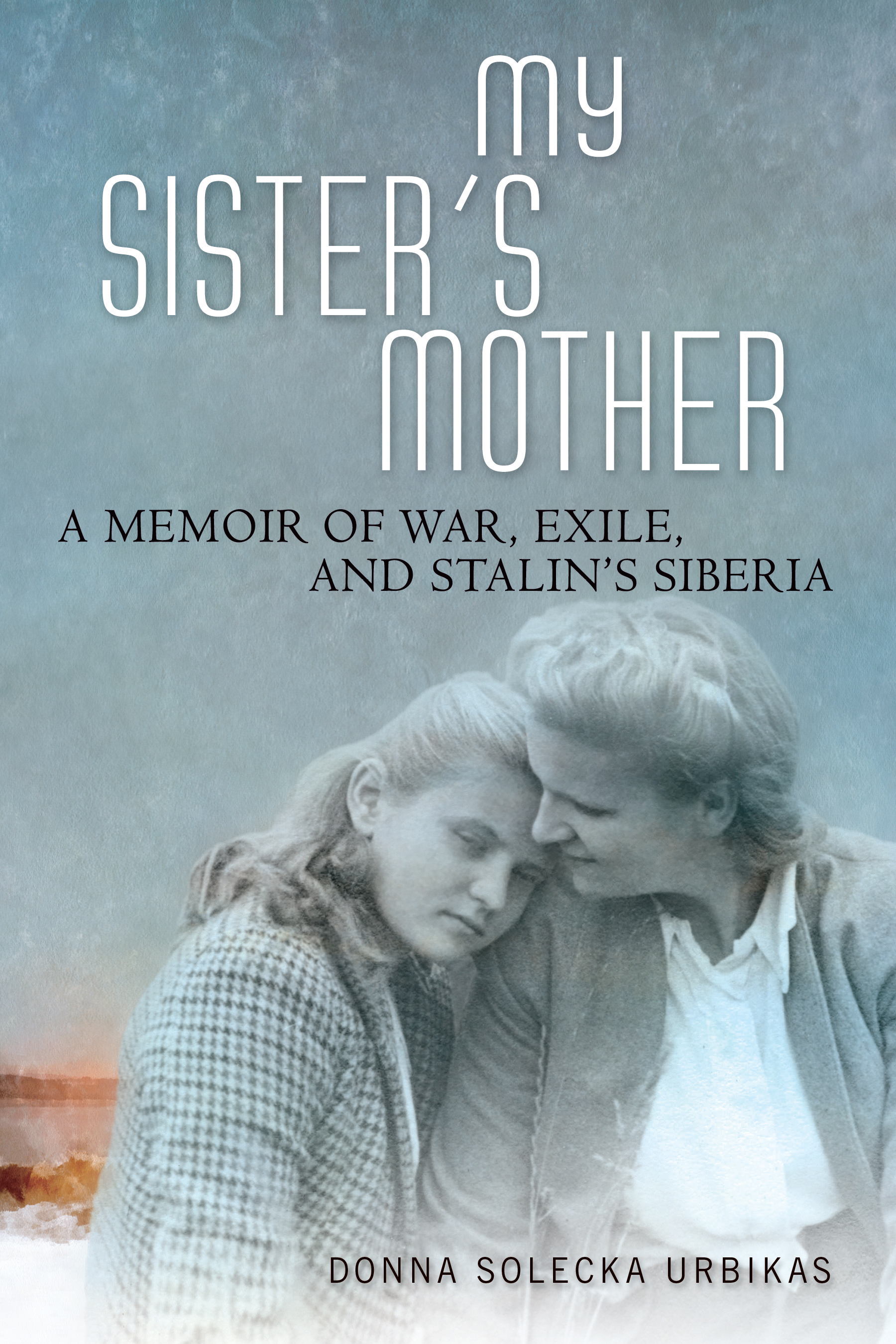
My mother didn't know how he killed himself, and she didn't much care.
She was happy that he did it.
She had never met him, but she had felt his fist across her face, his whip across her back. She was taken to Germany as a Polish slave laborer after watching her mother, her sister Genja, and Genja's baby daughter murdered. My mom escaped by jumping through the window and escaping into a forest. The Nazis caught her pretty soon after that.
My mother didn't talk much about what happened to her and her family. When I was a kid, I thought her silence came from annoyance with my questions about the war. Later, I realized that she didn't talk about her experiences because she wanted to protect me from the terrible things that happened, even though I was a grown man and a teacher.
Here's a poem I wrote about what Hitler did to my mom and her family.
My Mother was 19
Soldiers from nowhere
came to my mom’s farm
killed her sister Genja’s baby
with their heels
shot her momma too
One time in the neck
then for kicks in the face
lots of times
They saw my mother
they didn’t care
she was a virgin
dressed in a blue dress
with tiny white flowers
They raped her
so she couldn’t stand up
couldn’t lie down
couldn’t talk
They broke her teeth
when they shoved
the blue dress
in her mouth
If they had a camera
they would’ve taken her picture
and sent it to her
That’s the kind they were
Years later she said:
Let me tell you,
God doesn’t give
you any favors
He doesn’t say
now you’ve seen
this bad thing
and tomorrow you’ll see
this good thing
and when you see it
you’ll be smiling
That’s bullshit
__________________
The poem appears in my book about my parents, Echoes of Tattered Tongues.
The photo was taken by my wife Linda in 1979 or so. From left to right in the back row, it's my dad, my mom, my sister Donnna, her daughter Denise, and me. In the front row are my sister's daughters Kathie and Cheryl.
If you want to read one of my poems about Hitler's Suicide Day, you can click on this link.





